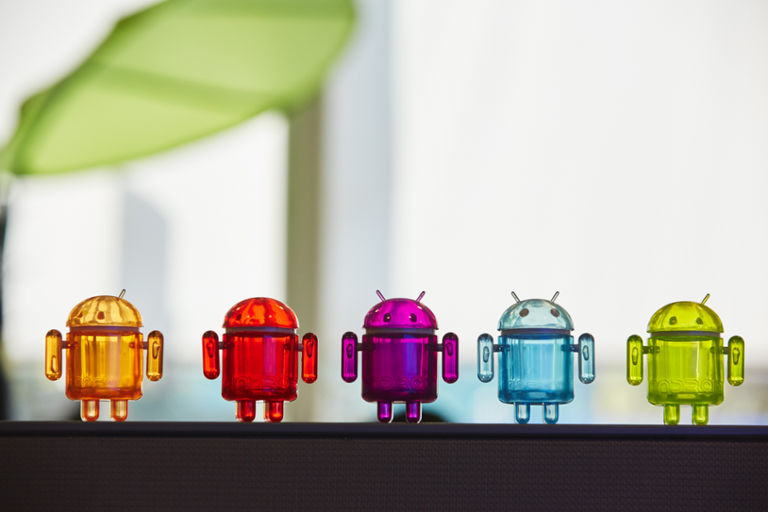This investment makes sense for us because we can offer phone makers the option of pre-loading a suite of popular Google apps (such as Search, Chrome, Play, Maps and Gmail), some of which generate revenue for us, and all of which help ensure the phone ‘just works’, right out of the box. Phone makers don’t have to include our services; and they’re also free to pre-install competing apps alongside ours. This means that we earn revenue only if our apps are installed, and if people choose to use our apps instead of the rival apps.This is a veiled threat that Android may become more restrictive, like iOS. Google likely wants to avoid another mess, which is charging OEMs to use Android as we’ve come to know it. This would cause them to either charge more for devices (making the Android ecosystem less competitive) or create their own Android variants (creating fragmentation). It would also shed light on how much Google values users. If it charged an OEM $200 per handset for Android proper, such information could be extrapolated into an argument about how much end-users are actually worth to Google annually. For tech pros, Google’s retort to the ruling is a warning shot. “Developers” was used five times in Pichai’s post. Each time, it was a veiled threat the already not-so-lucrative Play Store ecosystem might change dramatically for third-party developers. The EU says Google “did not provide any credible evidence that Android forks would be affected by technical failures or fail to support apps.” Google’s path forward is unclear. The $5 billion is a record for European antitrust cases, but it’s also asking Google to re-think its monetization methodology. Many of the included apps and services Google was just knocked for provide utility throughout Android. The crux of the argument is Android’s open-source nature, at least to a degree. If it weren’t open source, Google could do as it pleases with Android, much like Apple and iOS. There’s no kerfuffle in the EU about Safari and iOS, or consternation about which search engine iOS uses as its default. But it also means the “painstaking balance” Google feels it has created with Android would go out the window. It's hard to say how Google will proceed, but we're not sure a closed Android ecosystem is sustainable.
Google EU Fine Could Mean Big Things for Android Developers
In response to a European Commission decision to levy a $5 billion fine against Google (Alphabet, really) for antitrust violations related to Android, Google CEO Sundar Pichai suggests developers might be the ones paying the price. His blog post, published to Google's ‘Around the Globe’ section on its company news portal, also suggests the ‘freemium’ Android business model might suffer. Right now, Google apps are bundled with Android in an attempt to provide immediate value to users and make it easy for phone manufacturers to load a solid, usable operating system straight away. The EU’s complaint has three main components: It asserts that Google forced manufacturers to load Android with Chrome and Google Search built-in in exchange for access to the Play Store, that Google created an unfair competitive environment for search by emphasizing its own search option, and that it denied potential rivals an opportunity to compete. Google urges manufacturers into a Mobile Application Distribution Agreement (MADA) to carry the more recent Android builds. In addition to forcing their hand on Google search via this MADA, Google details where the search bar can be placed on-screen. These agreements are what the EU cites as evidence in its ruling. Pichai also asserts any OEM can use Android for free, and highlights Amazon’s Fire tablets as an example. He fails to note the free and open version used for Fire tablets and other various ‘Android’ devices (“more than 24,000 devices… from more than 1,300 different brands,” says Pichai) is boilerplate, and actually quite bad when compared to current Android builds. Even Amazon’s heavy manipulation of this free Android variant is pretty shoddy. Out of the box, base-level Android is unattractive as a modern smartphone operating system. Furthermore, Pichai suggests users can remove unwanted apps, which provides options. From his post:

